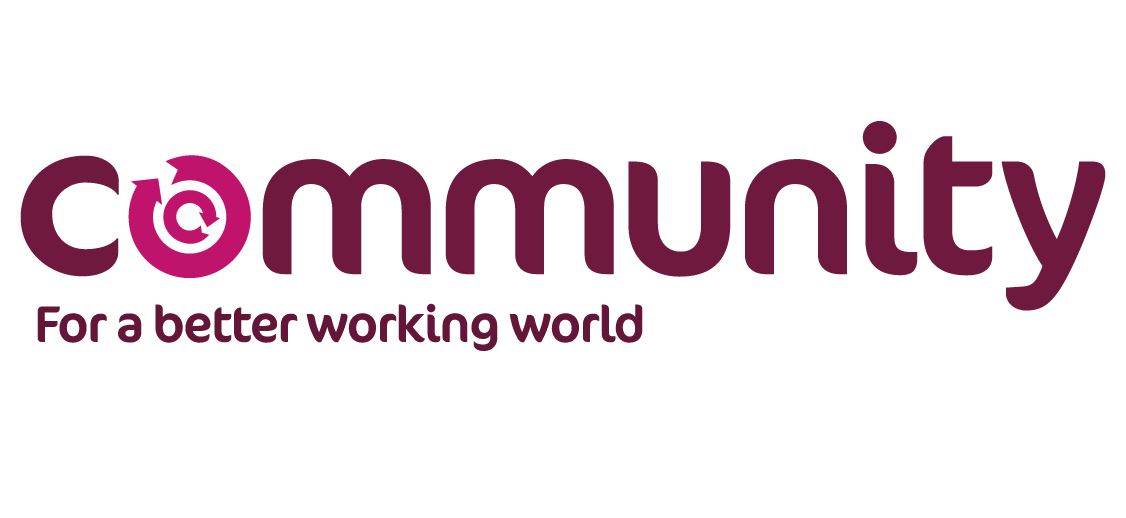There is always a lot of discussion when someone asks ‘what is the purpose of education?’ Everyone has an opinion, and that’s often based on where you are and what you do. A business leader might suggest that education is about preparing people for work. A teacher might counter that education – learning – has a purpose of its own.
However we look at it, it’s important to remember that our schools and colleges are inextricably linked to the world of work, and that the skills and knowledge learned in education provide a foundation to be built on and developed in both higher education and the workplace.
In 2012, the government make sweeping reforms to education in England, stripping away many vocational pathways and coursework with a renewed focus on knowledge. Teachers now have a vast curriculum they must teach, with pupils tested at the end of the course in final exams. This change was in response to the idea that our pupils were not performing well enough academically. But this doesn’t work for everyone, with many people learning best in bite-sized chunks.
Community believes we need a more varied curriculum, and continues to push for it to be revised whilst retaining the opportunity to study a wide range of subjects. English, maths, science and languages are important, but so are subjects like music and drama, which develop team-working skills, foster understanding of the power of emotions and prepare people to speak in public.

